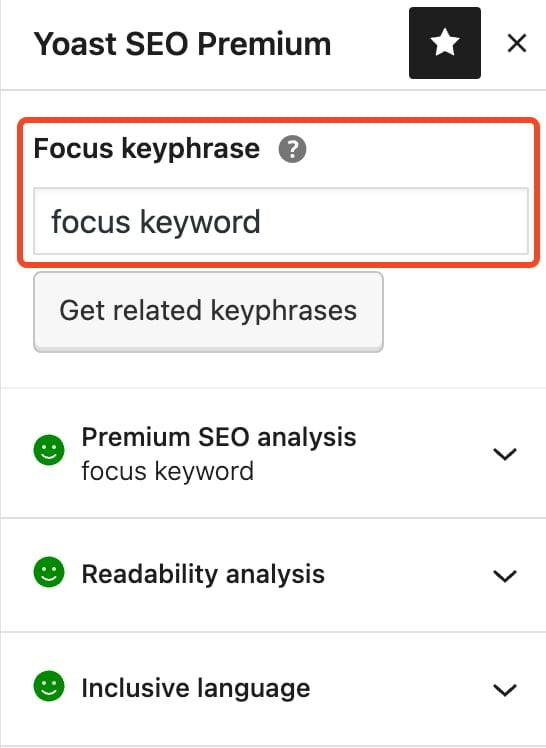AfDB Strengthens Civil Society Engagement in Cape Verde to Drive Sustainable Development
The African Development Bank (AfDB) recently convened a landmark Civil Society Organizations (CSOs) Open Day in Praia, Cape Verde, aimed at enhancing collaboration and transparency across the continent. This gathering united a broad spectrum of participants—including community advocates, NGO representatives, and development experts—to deliberate on Africa’s pressing developmental challenges and opportunities. Central to the event was the AfDB’s commitment to integrating civil society perspectives into its strategic decision-making frameworks, ensuring that grassroots voices influence policy formulation.
Throughout the sessions, attendees exchanged valuable insights on critical topics such as climate adaptation strategies, economic empowerment initiatives, and governance reforms. The dialogue underscored civil society’s indispensable role in fostering inclusive growth and sustainable progress across African nations. As part of its ongoing efforts to enhance development effectiveness, AfDB emphasized strengthening partnerships between governmental agencies and CSOs as a cornerstone for achieving shared continental goals.
Highlights from the Open Day: Building Bridges for Inclusive Progress
The event served as an interactive platform where stakeholders identified key priorities shaping Africa’s future development landscape. Discussions spotlighted urgent needs including infrastructure modernization, resilience against climate shocks, and expanding access to financial services for marginalized populations. Participants stressed that multi-sectoral cooperation—linking civil society groups with public institutions and private enterprises—is vital for crafting durable solutions tailored to local realities.
- Forging Stronger Alliances: Renewed commitments were made toward cultivating strategic collaborations between AfDB and CSOs aimed at improving project delivery outcomes.
- Empowering Through Capacity Building: Plans were unveiled for comprehensive training programs designed to equip civil society actors with skills necessary for effective advocacy and policy engagement.
- Enhancing Feedback Channels: Mechanisms will be established enabling continuous input from CSOs regarding ongoing initiatives—promoting accountability throughout project lifecycles.
| Main Focus Areas | Tangible Outcomes |
|---|---|
| Civil Society Participation | Expanded involvement in governance processes at multiple levels |
| Sustainable Development Projects | Tighter alignment with community-specific needs & priorities |
| M&E Systems Enhancement | Improved transparency through robust monitoring frameworks |
Navigating Challenges & Unlocking Opportunities: Insights from Stakeholders
The Open Day illuminated several critical areas requiring immediate attention by policymakers and practitioners alike. Infrastructure gaps remain a significant barrier hindering economic growth; simultaneously, climate change poses escalating risks demanding adaptive measures rooted in local knowledge systems. Financial inclusion emerged as another priority—highlighting how innovative digital platforms can bridge service delivery gaps especially among rural populations.
A recurring theme was the necessity of empowering grassroots organizations through targeted capacity-building efforts—a strategy proven effective in recent projects across East Africa where community-led renewable energy schemes have boosted livelihoods while reducing carbon footprints. Attendees advocated forging cross-border alliances transcending traditional silos to foster holistic approaches addressing multifaceted challenges facing African communities today.
Tactical Recommendations: Enhancing Synergies Between Civil Society & Development Actors Across Africa
This pivotal forum underscored actionable strategies designed to deepen collaboration between CSOs and development institutions like AfDB:
- Create Joint Training Initiatives: Develop co-designed programs that build technical expertise within civil society networks enabling more impactful participation in policy dialogues.
- Cultivate Transparent Communication Channels: Institutionalize regular consultations coupled with feedback mechanisms fostering mutual trust among partners involved in developmental projects.
- Diversify Funding Approaches: Adopt flexible financing models sensitive to regional contexts allowing CSOs agility needed for piloting innovative interventions effectively responding to evolving challenges.
- < strong > Promote Resource Sharing : Encourage pooling of assets including data repositories , technological tools , or human capital between organizations minimizing redundancies while maximizing collective impact .
 - < strong > Conduct Collaborative Evaluations : Engage all stakeholders jointly assessing program outcomes facilitating evidence – based adjustments enhancing overall success rates .
 - < strong > Advocate Unified Policy Efforts : Align advocacy campaigns pushing reforms conducive towards strengthening civic space thereby amplifying societal contributions towards national agendas .  < / li >
Â
Â
Â
Â
Strategic Approach< / th > Description< / th >< tbody >< tr >< td >Inclusive Governance Processes< / td >< td >Ensure active involvement of CSOs during planning stages enhancing ownership over developmental policies.< / td >< tr >< td >Shared Success Metrics< / td >< td >Establish common indicators agreed upon by all partners measuring progress transparently.< / td > A Forward-Looking Vision: Cementing Partnerships for Africa’s Prosperity
The AfDB’s Civil Society Organizations Open Day exemplifies an important step toward embedding participatory governance within Africa’s development agenda. By uniting diverse voices—from grassroots activists advocating social justice issues to institutional leaders steering large-scale investments—the event reinforced how collaborative engagement is essential not only for identifying problems but also co-creating sustainable solutions tailored uniquely per context.< p >
This inclusive approach aligns closely with emerging trends emphasizing stakeholder-driven policymaking worldwide; recent data shows countries adopting such models experience up to 20% higher success rates on poverty reduction targets according to UNDP reports (2024). As Cape Verde advances along its socio-economic trajectory supported by these strengthened partnerships,the potential exists not just for incremental improvements but transformative change benefiting millions continent-wide.< p >
The momentum generated during this gathering signals promising prospects ahead —where transparent dialogue combined with empowered communities can accelerate progress toward resilient economies,fair societies,and environmentally sound futures throughout Africa.< p >







